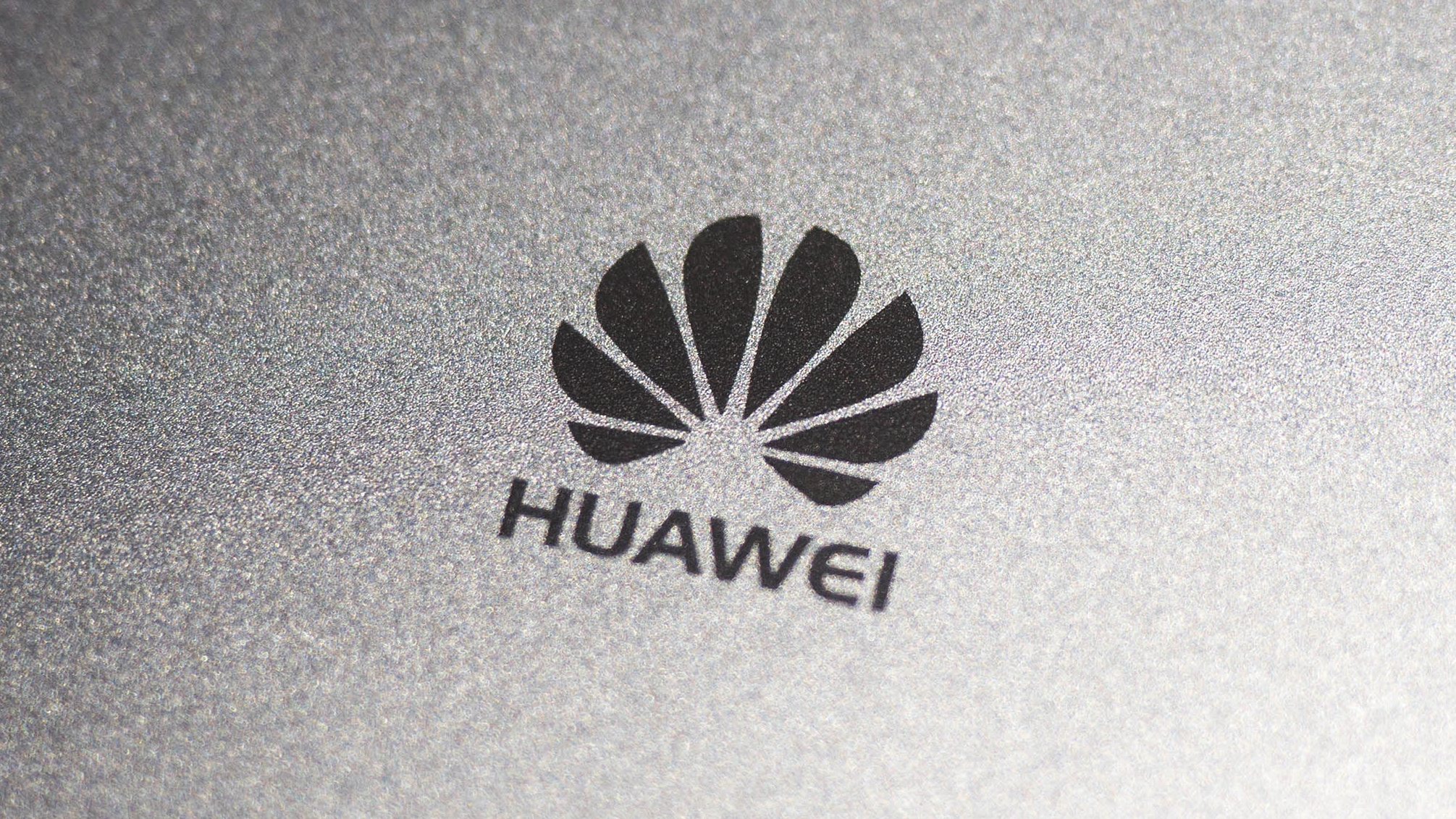
The rumor mill says that Huawei is working on a high-end VR/AR headset to compete with offerings from Apple and Meta.
Trademark filings indicate it will be called the Vision Pro, and it's probably built to launch as a China-only product, at least initially. It seems that it should be built with quality parts, including a Sony micro-OLED 4K display, and is designed to be both lighter and cheaper than Apple's Vision Pro. It also has dibs on the name in China, which has to irk at least a few people in Cupertino.
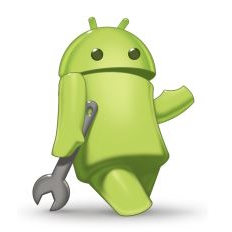
One of the web's longest-running tech columns, Android & Chill is your Saturday discussion of Android, Google, and all things tech.
It sounds cool. I love the concept of VR and AR; it allows people to virtually experience things they may not be able to do in the real meatspace world, and playing games is a great bonus. I have mixed feelings about the available equipment to use VR, though. That gets better with each hardware cycle, and a premium headset from Huawei that doesn't cost as much as a used car is a welcome idea.
Having said that, and rooting for Huawei to release the thing, it's too little too late for everyone outside of China. Huawei is dead, even if the company doesn't want to die.
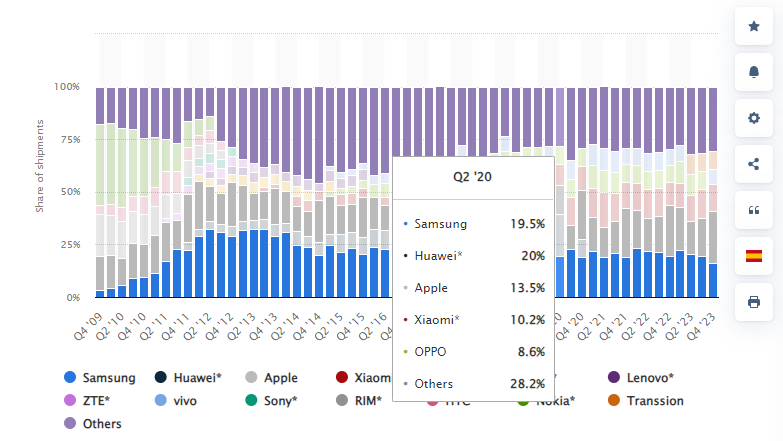
In 2020, Huawei was the largest smartphone maker on the planet and one of the biggest tech product OEMs in the world. The company made really good phones, tablets, laptops, accessories, and equipment that companies like AT&T need to provide you with phone service and internet.
That was before the crash. Right or wrong, the U.S. government decided that Huawei products — specifically its 5G telco equipment — posed a security risk. I have no idea if it did, and neither do you. All I know is what people whose job it is to know things like this told us there were issues. I guess that's not technically true because I also know Huawei was selling good equipment at good prices and was about to corner the "5G market" in the U.S. Plenty of people with deep pockets did not like that one bit.
The U.S. blacklisted Huawei and prevented any company that wants to sell products here from doing business with it. That means no buying parts, selling parts, and no providing software to the company at any price. Doing so would mean you were blacklisted, too.
Other countries followed suit, and even if Huawei wasn't blacklisted, hurdles were put in place to slow or stall the company's presence in a large part of the world. By the end of 2020, Huawei's market share dropped to 8%, and in early 2021, the name disappeared from all those charts you see, and the company was lumped in with "other."
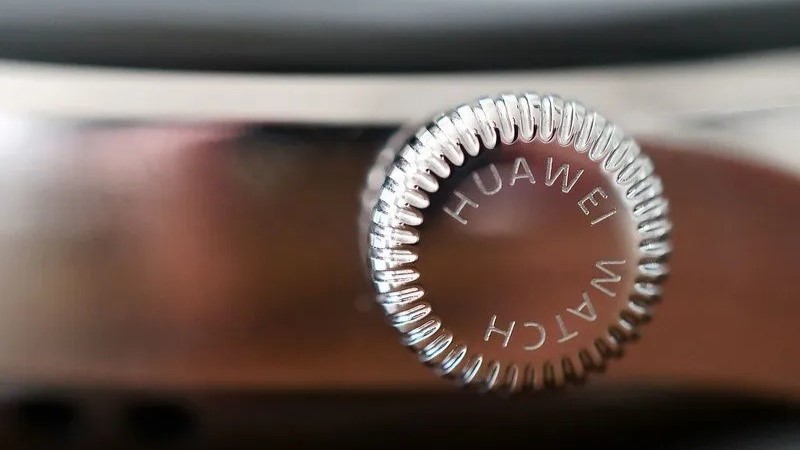
Huawei did a lot of things to tarnish its reputation, too. The company has either been found guilty of intellectual property theft or has settled out of court with Motorola, Cisco, PanOptis, and MPEG LA. A jury also found the company had "misappropriated" trade secrets from T-Mobile, and the U.S. Justice Department has found evidence of financial fraud and violation of sanctions against Iran. Further evidence says Huawei may have also had financial ties to North Korea.
Finally, there was Meng Wanzhou. Ms. Wanzhou was the board deputy chairperson and CFO of Huawei as well as the daughter of the company's founder. She was placed under house arrest by Canadian authorities while the U.S. sought to extradite her.
During messy extradition extradition hearings, the U.S. announced it had resolved the case against Ms. Wanzhou. As part of this deal, Ms. Wanzhou admitted she had lied to HSBC (Hong Kong Bank) to continue financial transactions in the U.S., and these statements supported the evidence of Huawei violating trade sanctions with Iran.
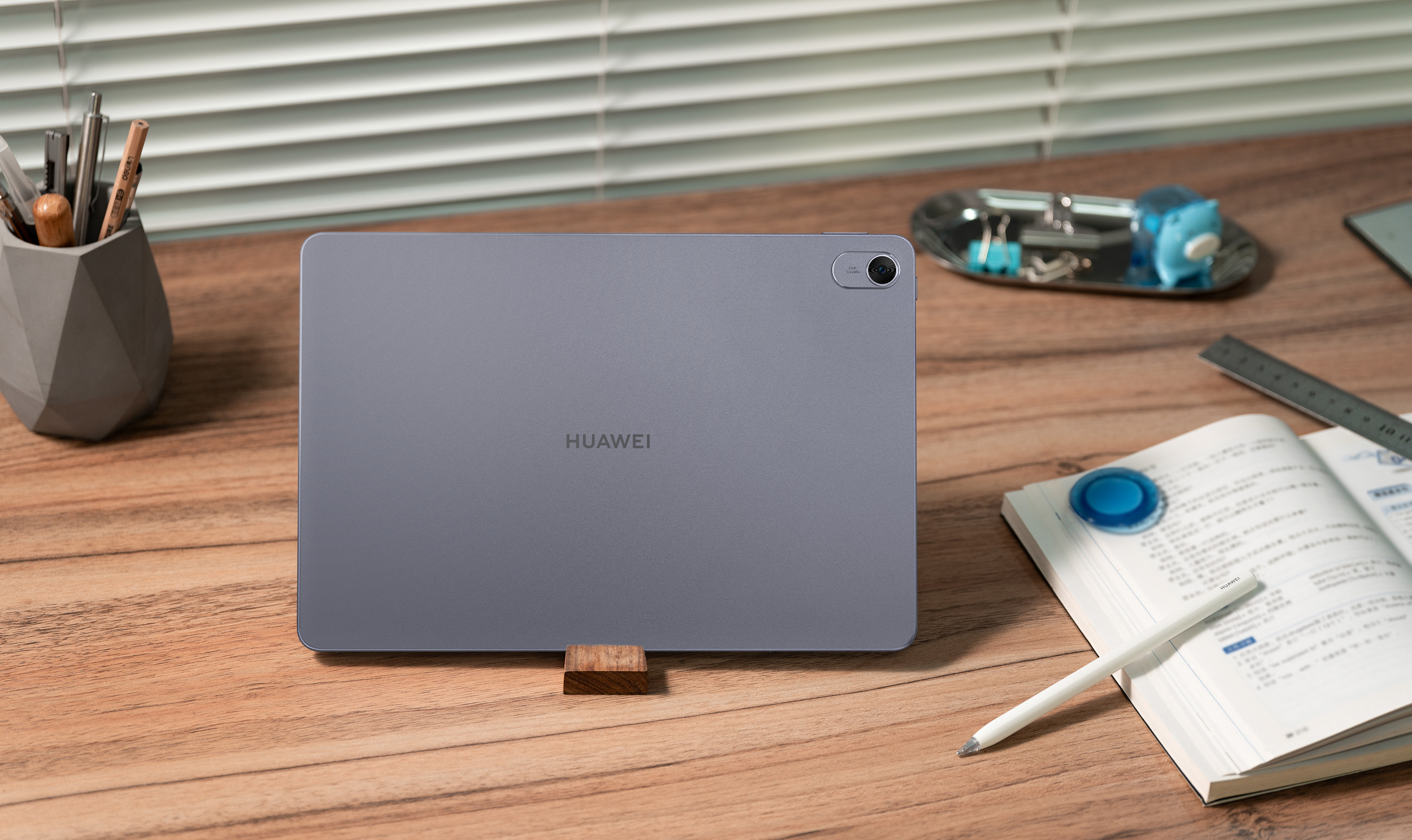
Regardless of how you feel about these other companies or the U.S. government, you must admit this is not a good look, especially for a company under intense scrutiny over ties with Chinese state intelligence.
When all the dust settled, Huawei was unable to build tech products that would sell in the West. Even in countries where Huawei products were available, sales plummeted.
This doesn't mean the company makes bad products. Its phones and tablets are some of the best you can buy and compare very favorably against products from Samsung or Apple. They just have a 100% home-brewed operating system using software geared towards the Chinese market without any support or services from Google. After all, it's tough to sell Android products that aren't supported by Google and have no access to the Play Store.
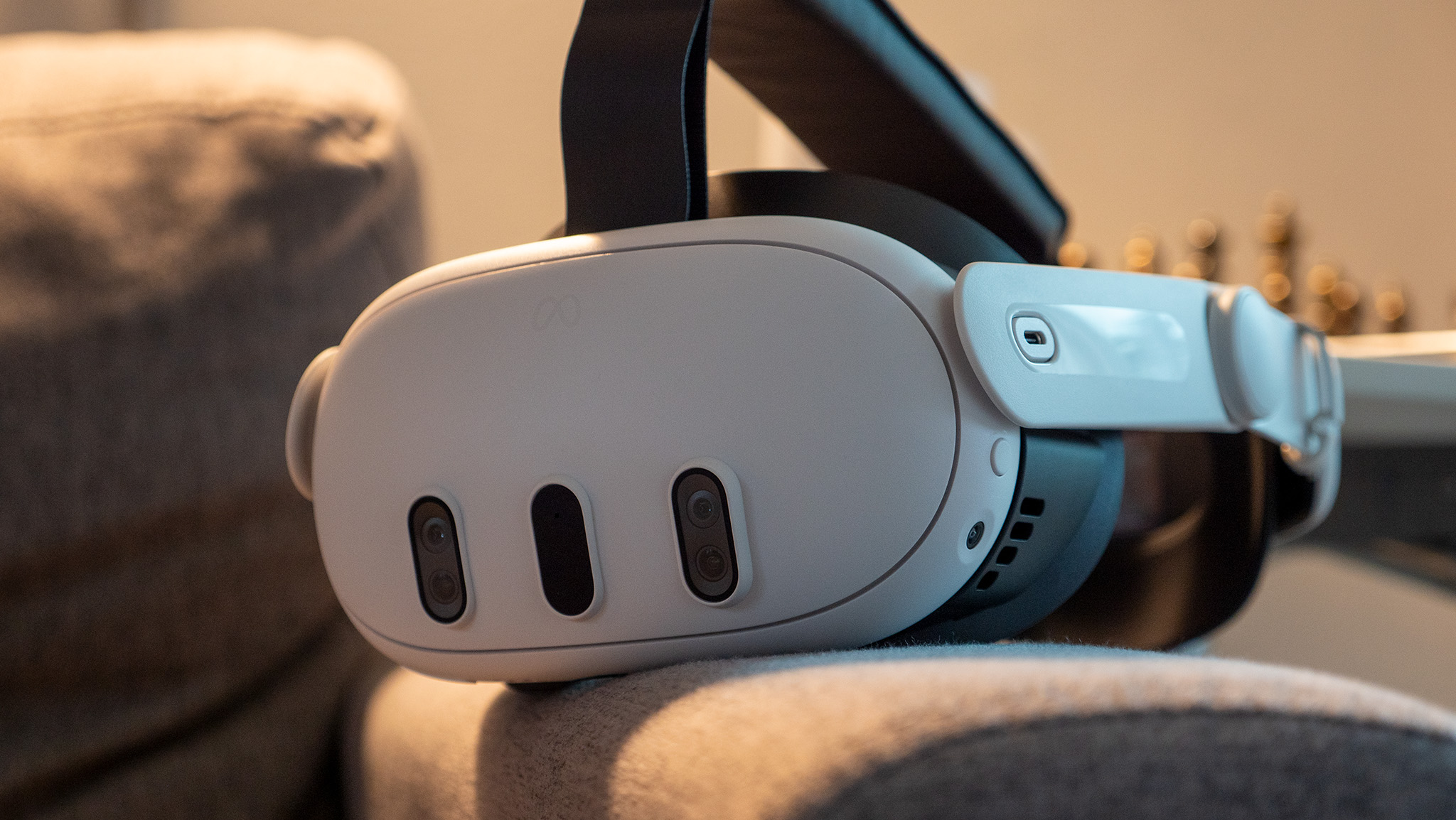
A VR/AR headset will be the same. I have no idea if Huawei's Vision Pro will run Android, but there's a good chance it will. Huawei can use the free and open version of Android in any way it likes, and the OS would work well on a headset. Meta uses it on the Quest 3 because it works so well.
When it comes to the software and cool things you can do with it, we should expect an experience tailored for China. Companies like Meta or Rovio are not allowed to provide apps to Huawei, and even TikTok will have to jump hurdles to do business with Huawei and stay alive in the U.S.
This doesn't mean it will be bad, but it does mean it will not be what you're used to and what you like already. Countries like Belgium or Mexico, where you can buy Huawei products, are filled with people who already aren't purchasing them. A cheaper (and arguably better) version of Apple's fancy new VR/AR headset may attract some, but it's more likely that consumers will continue to ignore the company.
This is a shame, but it's also a hard truth. My personal feelings aside (I think Huawei phones and other Android products should have never been banned), there's no doubt that sanctions will kill Western sales before it ever launches, if it launches at all.
Maybe Huawei can save itself in the future, or something can change so the U.S. will change its position on the company. Maybe not.
Either way, a VR headset is not going to save the company and isn't going to drive any new revenue streams.







